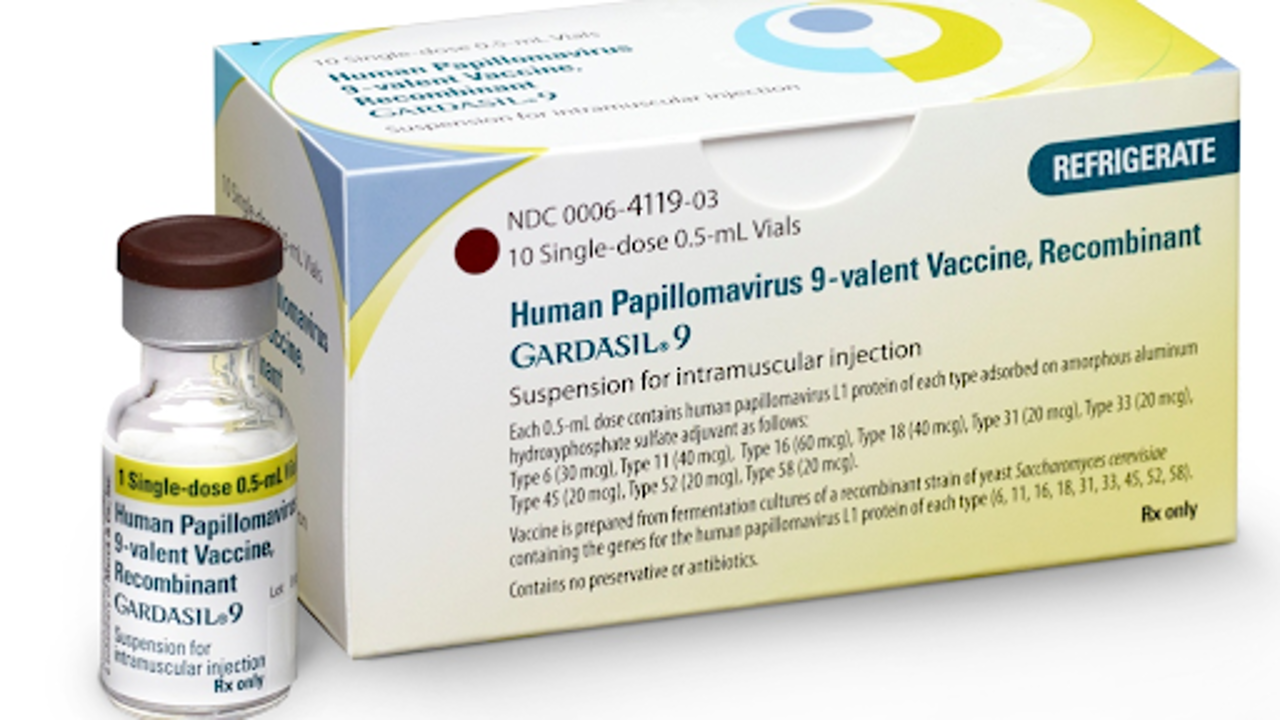
The Gardasil 9 HPV vaccine is displayed. (CTV News)
The National Advisory Committee on Immunization (NACI) has updated its recommendations for the HPV vaccine, making a significant change to the vaccination schedule. Now, children and youth aged nine to 20 years will need only one dose of the HPV vaccine instead of the previous two. This new guideline is based on research indicating that a single dose is highly effective in preventing HPV infection in this age group. However, studies supporting this finding have mainly involved females in the 9 to 20 age range.
For those aged 21 to 26, NACI continues to recommend the two-dose schedule. This age group is still advised to follow the earlier vaccination regimen, reflecting ongoing research and established practices.
The guidance also highlights that people who are immunocompromised or living with HIV should receive three doses of the HPV vaccine. This group requires the full course to ensure adequate protection due to their unique health needs.
HPV, or human papillomavirus, is linked to several cancers, including cervical and anal cancers. Vaccination is crucial for both males and females and is widely offered through school programs across Canada. By reducing the number of doses for younger people, NACI aims to make it easier for more individuals to get vaccinated, thus boosting overall immunization rates.
The committee also points out that while the vaccine offers the best protection when administered before the first exposure to the virus, adults aged 27 and older who have not been vaccinated can still benefit, especially if they have new sexual partners. For those over 45, who were not previously covered by vaccination guidelines, it's recommended to consult with a healthcare provider to determine if the vaccine might be beneficial.
Overall, the updated recommendations are part of an effort to improve convenience and accessibility for younger individuals, potentially increasing vaccination rates and reducing HPV-related diseases across the population.















